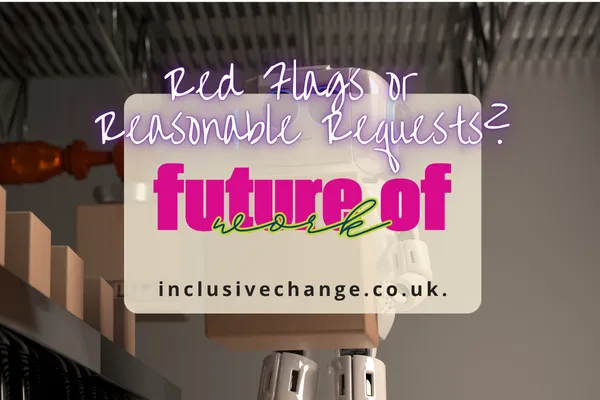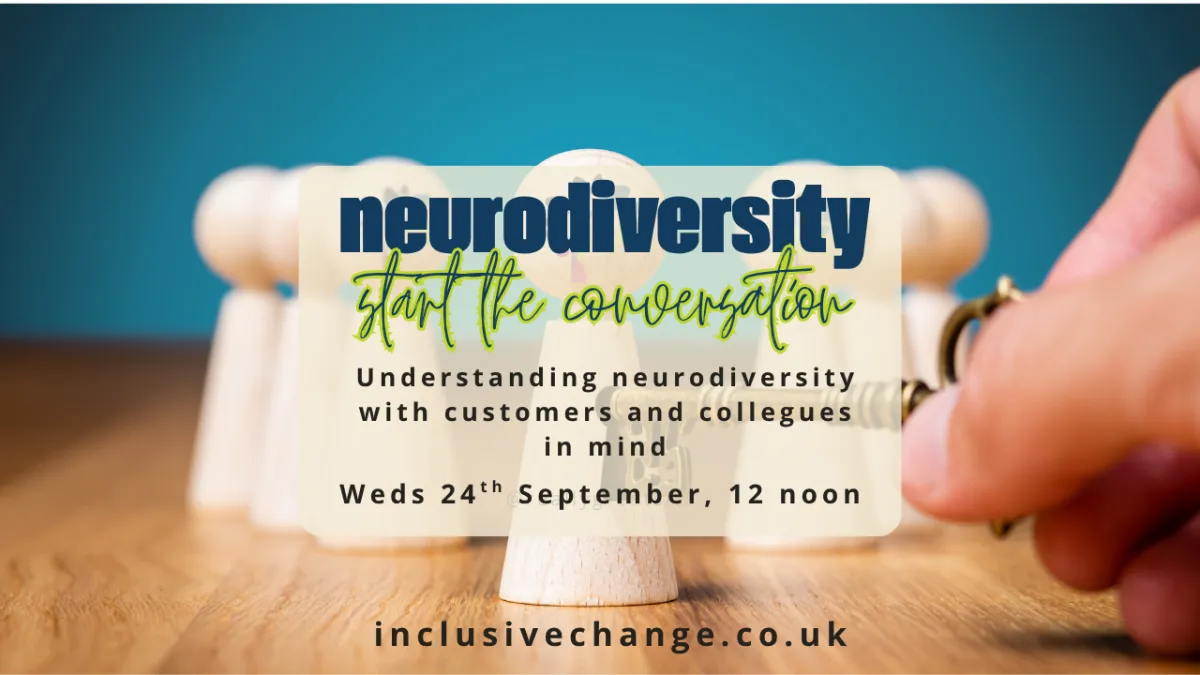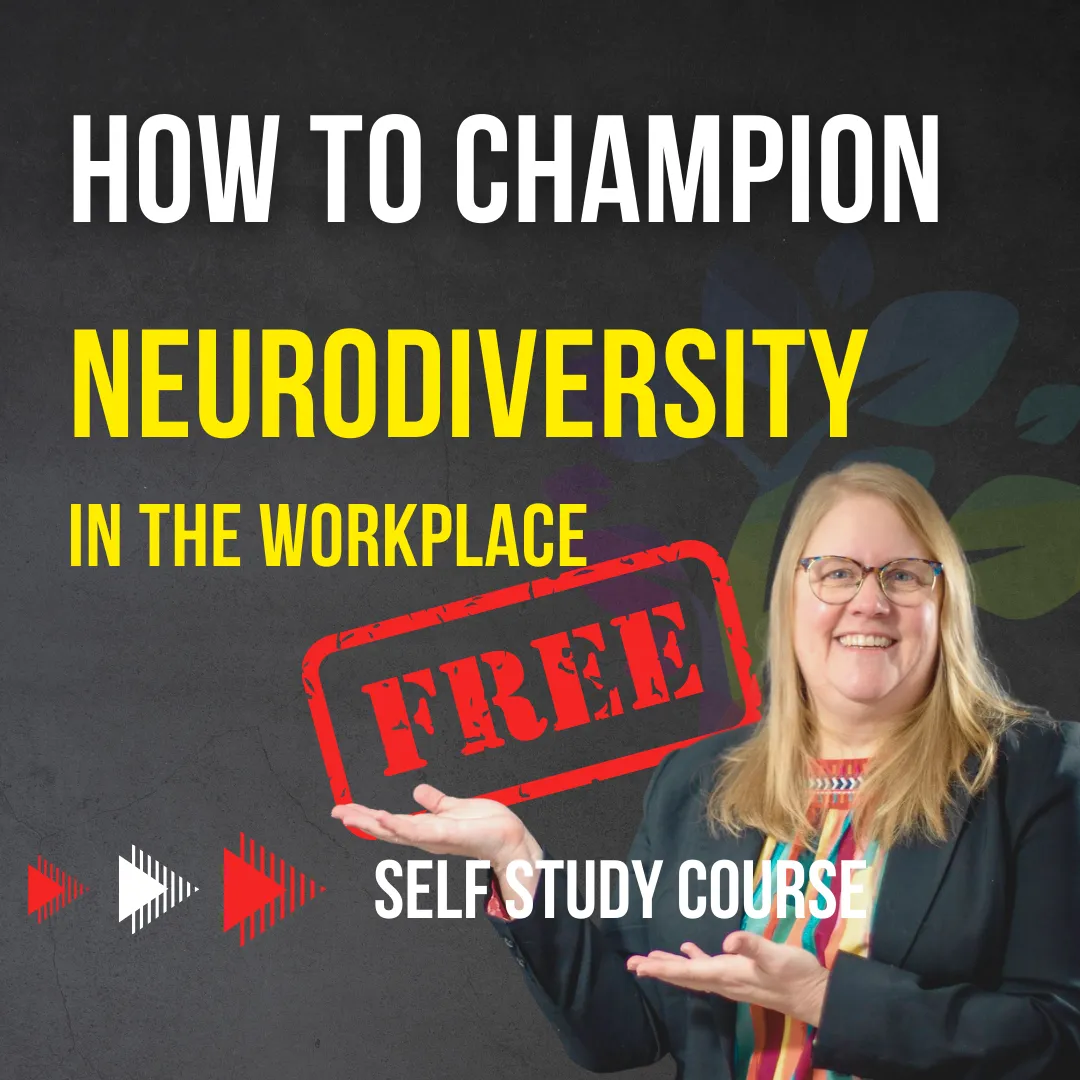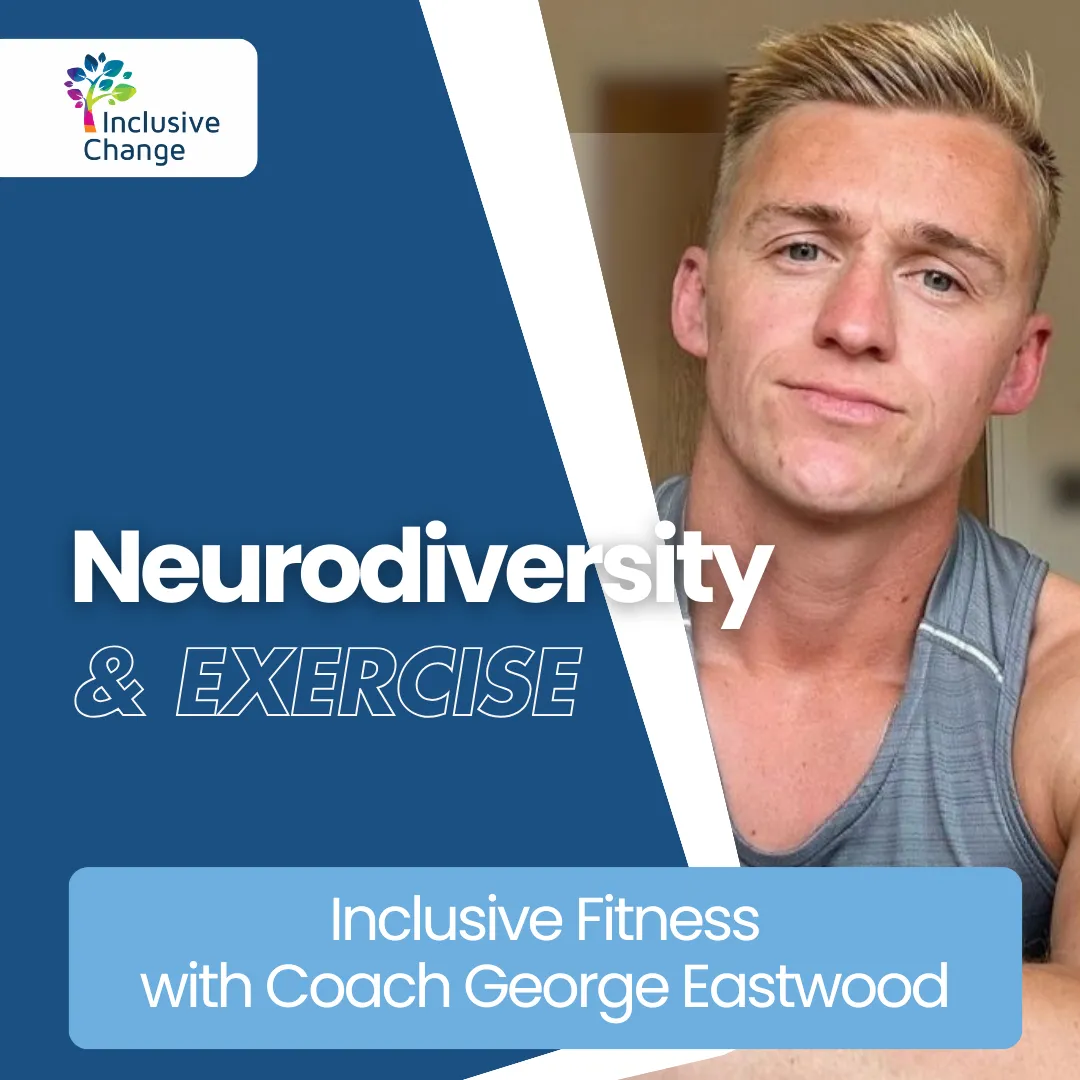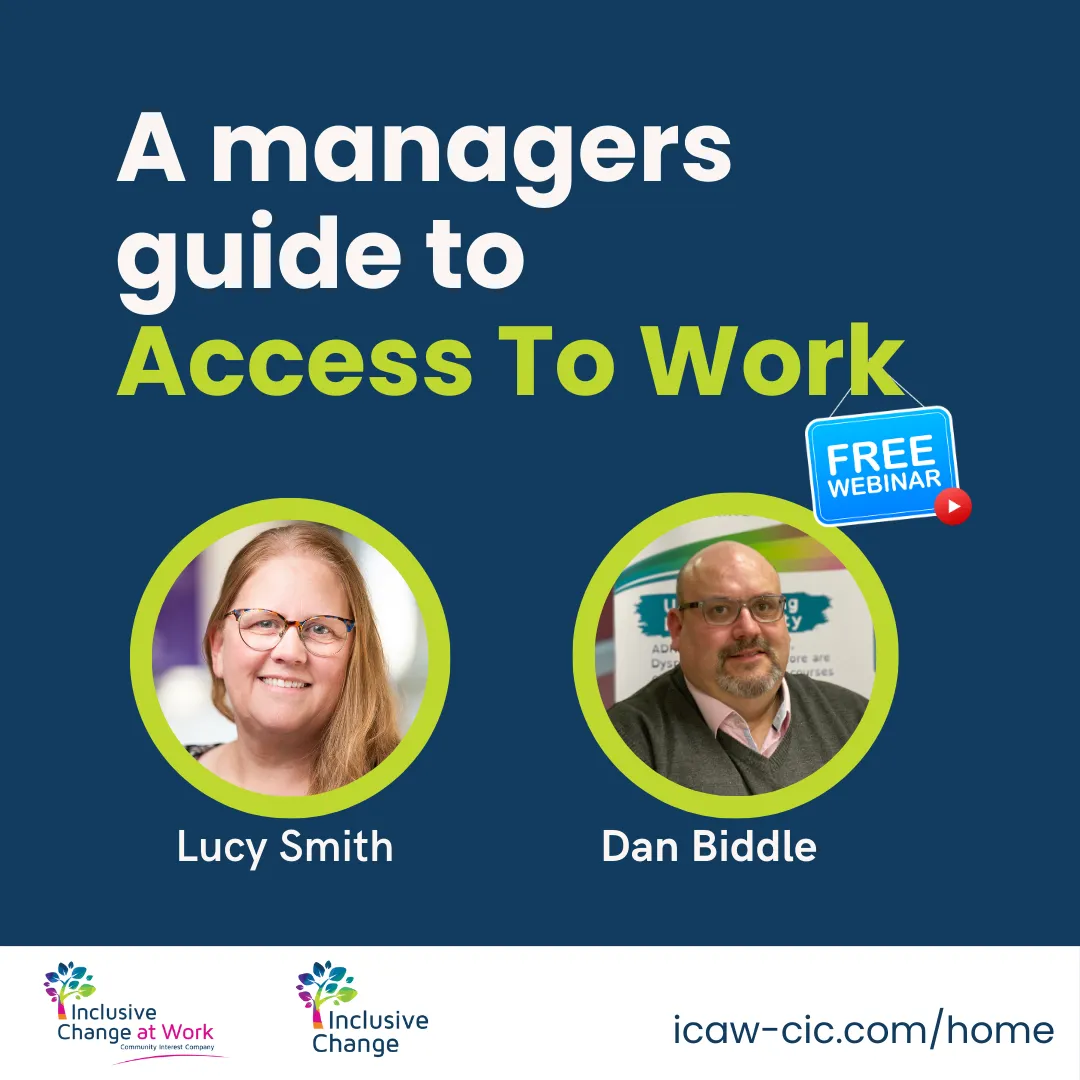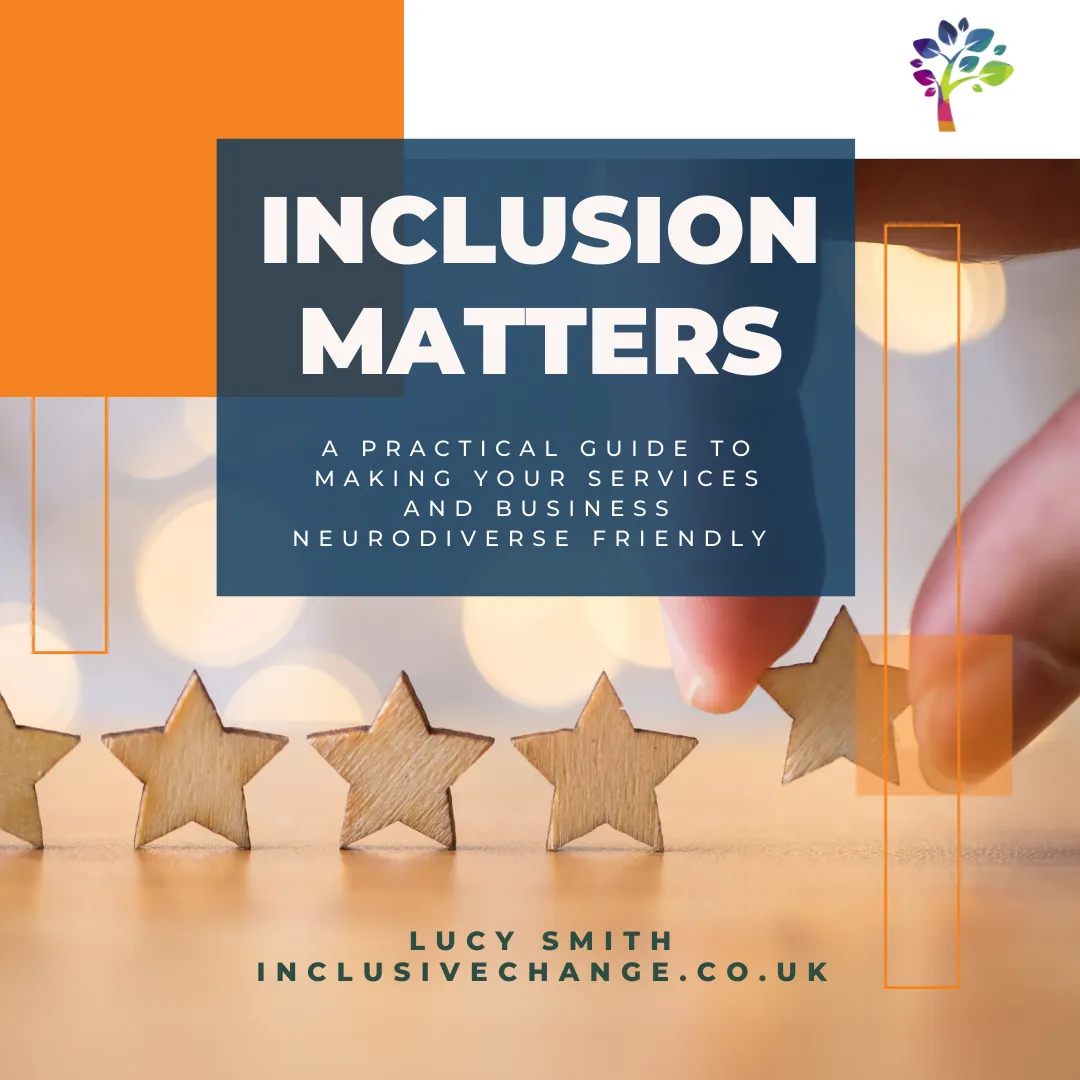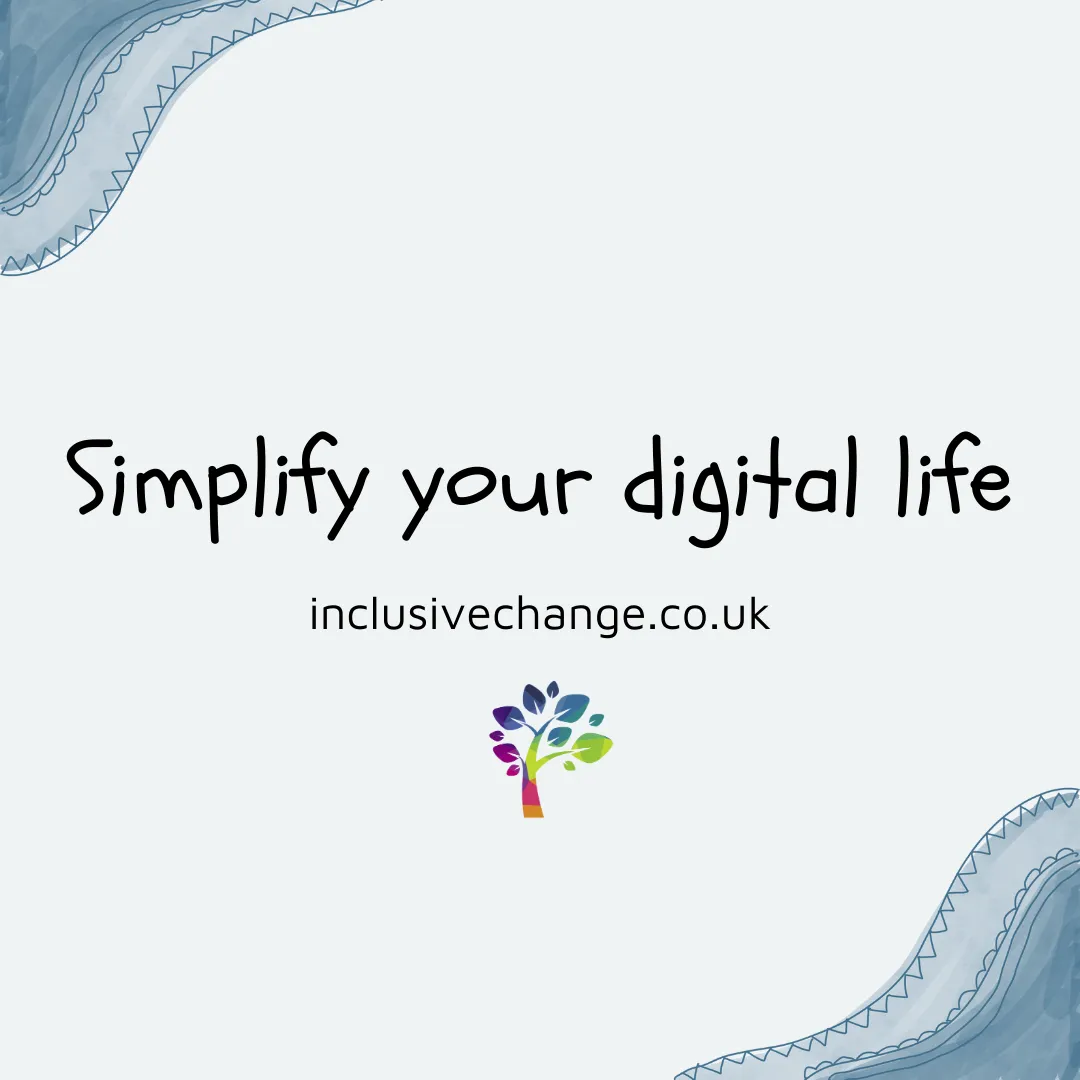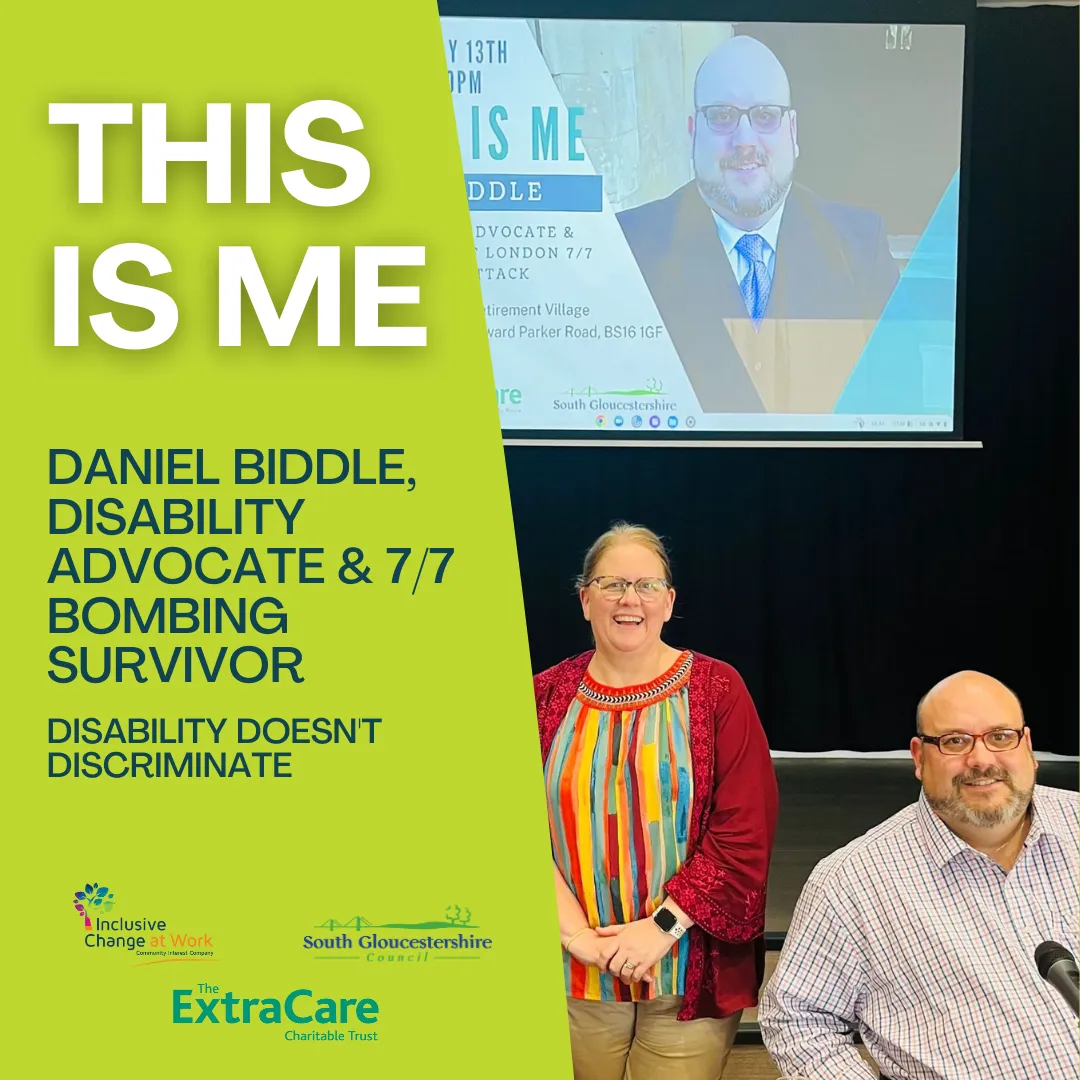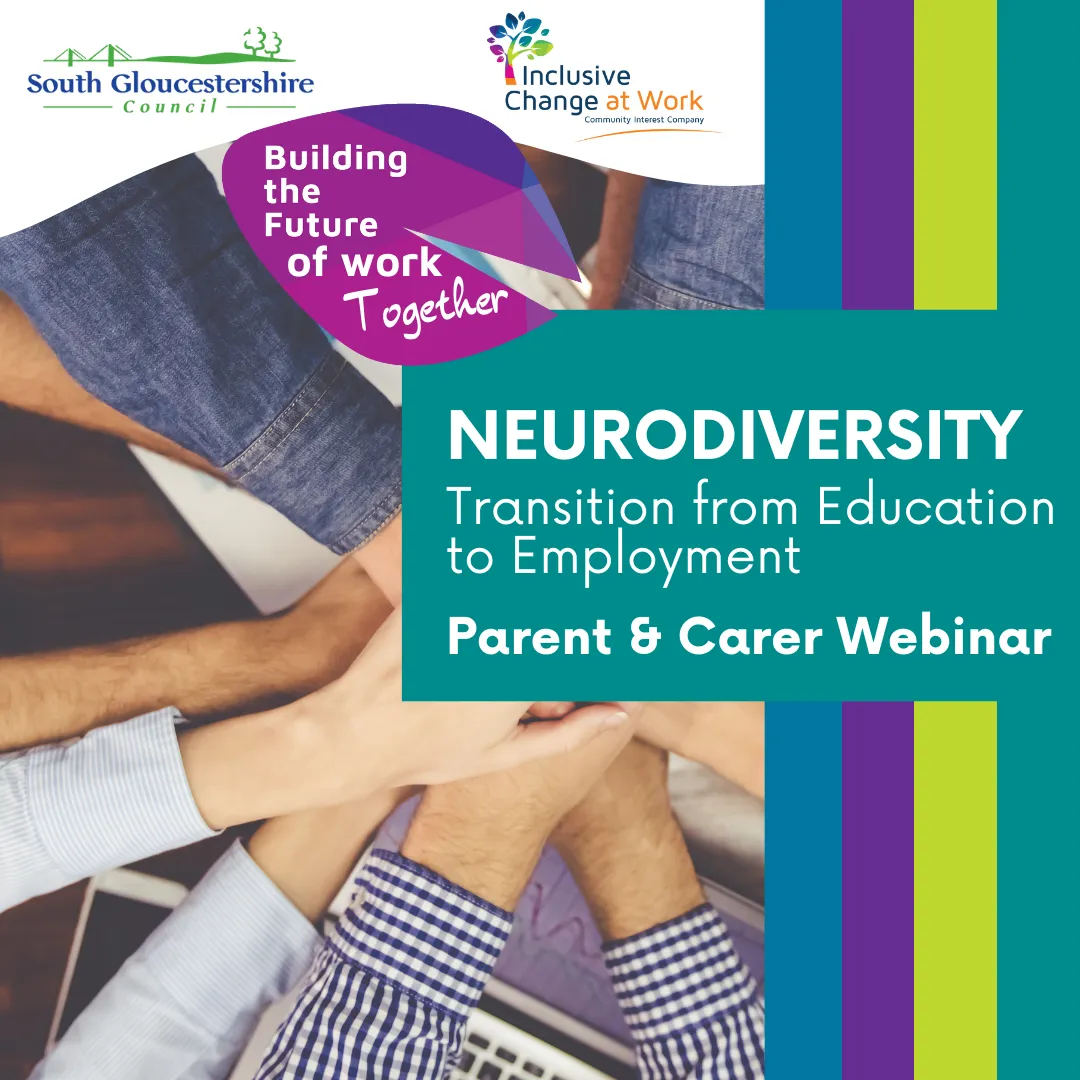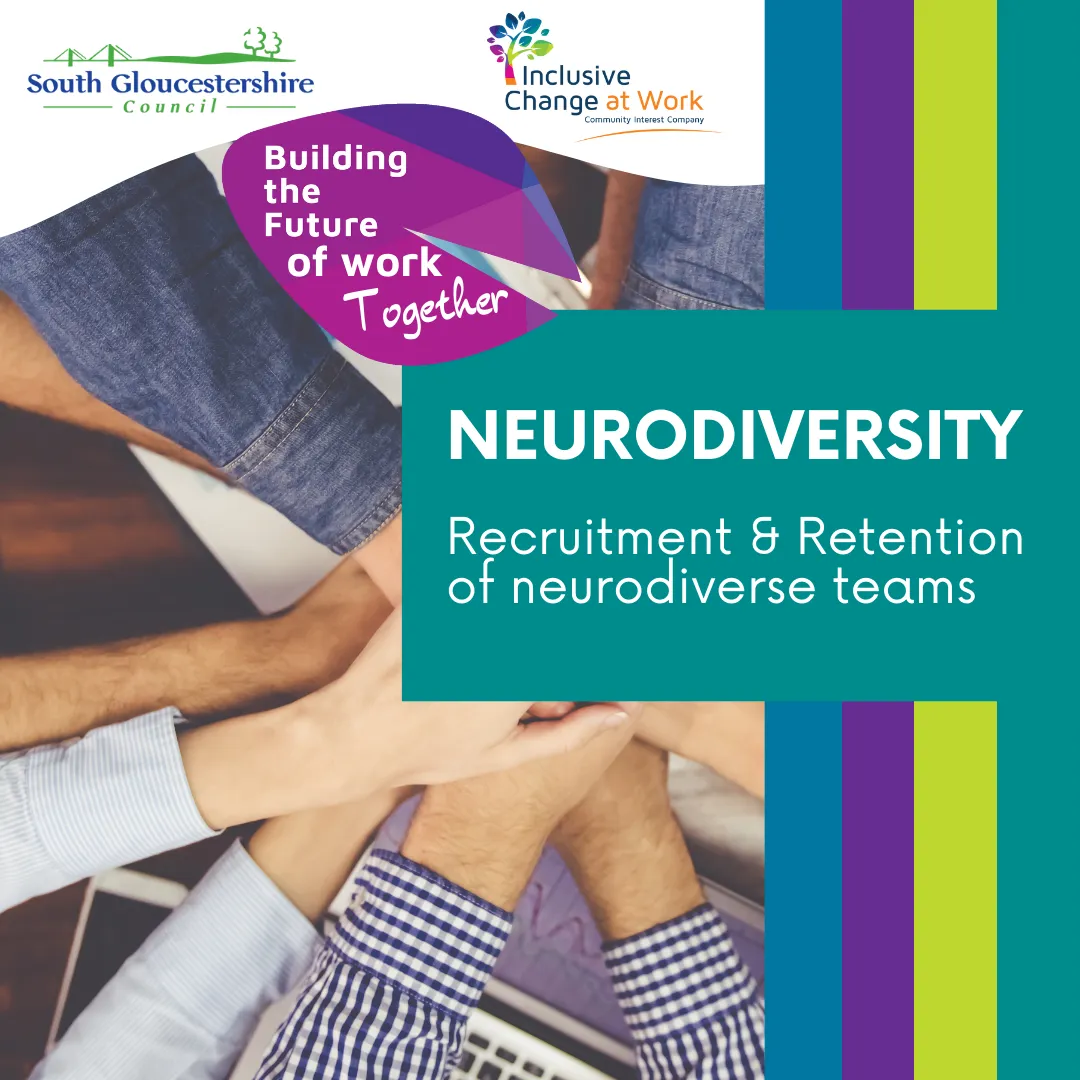Take a look at our
Upcoming Events
With Inclusive Change
We host events in our local community in partnership with Inclusive Change At Work CIC. Take a look at the list below to find out whats on.
Our online events are designed to inform and educate. We have a range of free and on demand events online.

Our team are experienced speakers and can be booked to educate and entertain at your next event - get in touch to find out how we can help.
Important Dates in our Calendar
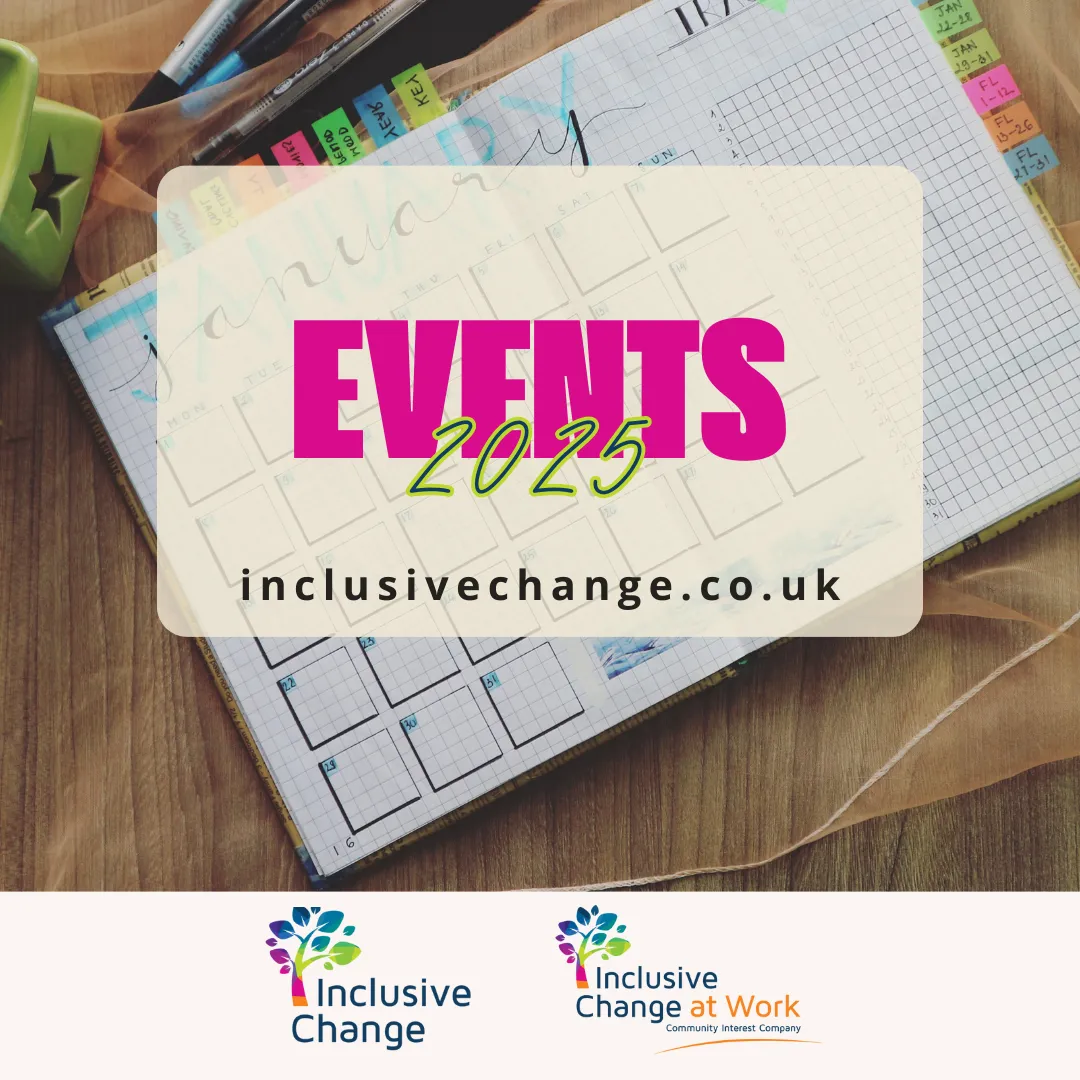
Aug 2025
20th - Future Voices Podcast: The Summer Sessions
Sept 2025
5th - B-Sides Bristol. Lucy Smith speaking, Red Flags or Reasonable Requests? Inclusive Risk Management in Cyber Teams
24th - Start the Conversation - FREE Webinar, Online
Oct 2025
29th - Free, In-Person Tekmatix Workshop, Bristol

Free In-Person Tekmatix Workshop
How to Scale Your Business With Tech, Automation & AI
Join Tekmatix in Bristol on 29 October for a free, hands-on workshop with Sarah Cordiner. Discover how to use AI, tech and automation to grow your business smarter - not harder, with practical tools and strategies you can apply straight away.
We are big fans of Tekmatix as we use it for just about everything, and so are thrilled this event is happening right on our doorstep!
Reserve your spot following the link below.
BSides Bristol - 5th & 6th September
Red Flags or Reasonable Requests? Inclusive Risk Management in Cyber Teams
Join Lucy Smith on day one of BSides Bristol as she explores the future of work - spotting red flags, recognising reasonable requests, and reframing adjustments as smart strategies for building high-performing, future-ready cyber teams.
Re-Visit our Past Events
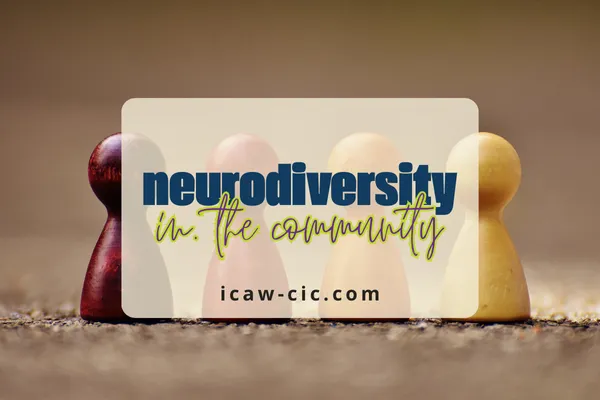
Inclusive Change at Work
In the community
From January to March 2025, our sister community interest company, Inclusive Change at Work CIC, hosted transformative workshops to promote understanding and inclusion for neurodivergent individuals and their families.
We gathered at Emersons Green Village Hall for expert-led sessions that offered practical strategies and a welcoming space for learning and growth.
Visit our recap page for more information about the sessions plus useful links and articles.

Building the Future
Of Work, Together
During 2024, and the start of 2025, we hosted live webinars and in-person workshops dedicated to supporting neurodiverse and disabled young people in the workplace.
Some sessions guided businesses on the value of workplace diversity and inclusion, highlighting how neurodivergent talent strengthens teams and fosters innovation.
The other sessions, designed for parents and carers of neurodivese young adults, provided insights into workplace opportunities and support for thier young people, inspiring hope for their future careers. Attendees had the opportunity to learn, connect, and contribute to more inclusive work environments.
Take a look at our recap pages, you can watch the recordings and you will find a host of information, articles and freebies too!
Our Event Blog - Where we've been, what we've learned
Sharing our experiences, insights, and standout moments from industry events
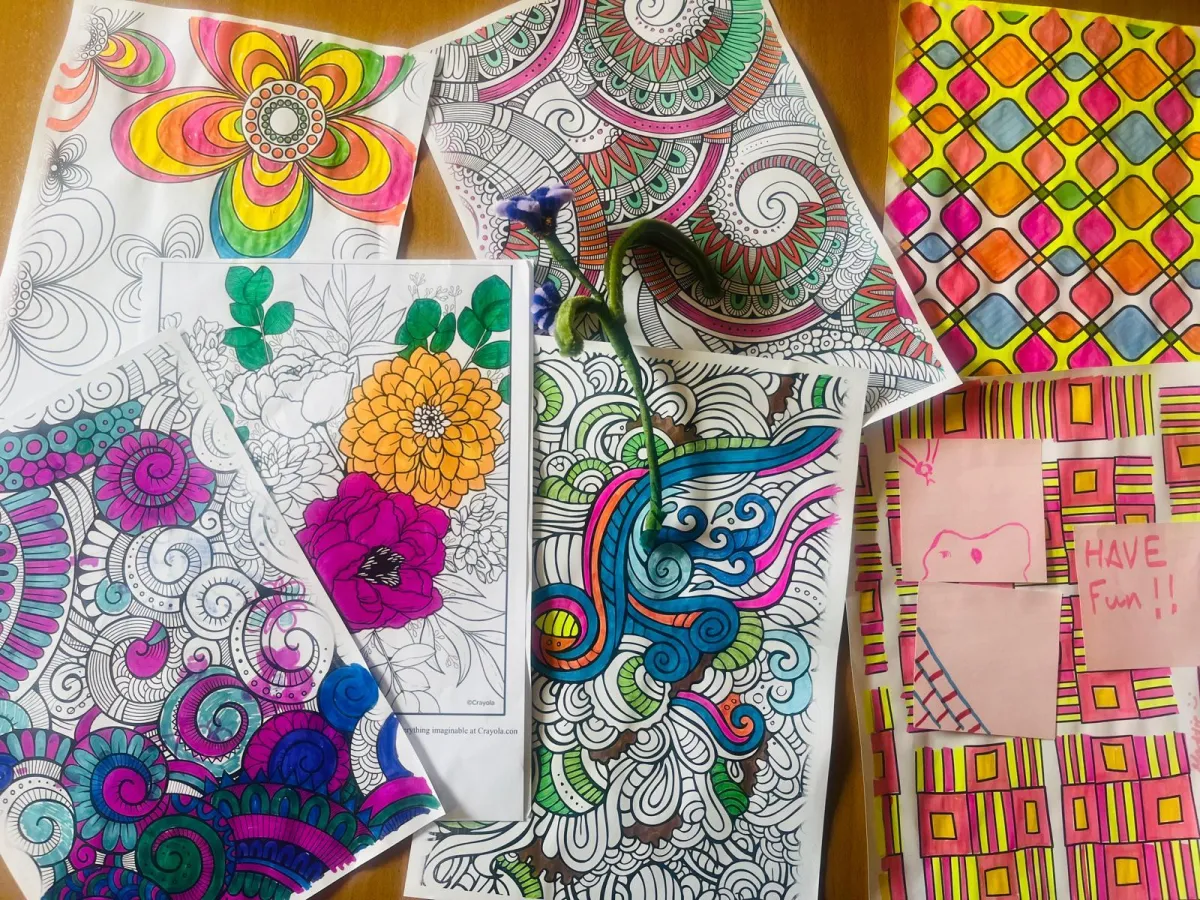
Why Doodling and Stimming in Meetings Can Help Neurodivergent Employees Thrive
Why Doodling and Stimming in Meetings Can Help Neurodivergent Employees Focus
Meetings are an integral part of many workplaces, but for neurodivergent employees sitting still and maintaining prolonged focus can be challenging. Traditional workplace norms often emphasise behaviours like maintaining eye contact, sitting quietly, and taking notes in conventional ways. However, for many neurodivergent individuals, engaging in activities like doodling or stimming can be essential for focus, regulation, and engagement.
What is stimming?
Stimming, short for self-stimulatory behaviour, refers to repetitive movements, sounds, or actions that help regulate sensory input, emotions, and focus. While stimming is often associated with autism, it is also common among individuals with ADHD, anxiety, and other neurodivergent traits. Stimming behaviours can vary widely and may include:
Doodling or sketching
Tapping fingers or feet
Playing with fidget toys (e.g., stress balls, spinners, putty)
Rocking or swaying
Repetitive speech or humming
Clicking a pen or twirling objects
Hair twisting
These behaviours are often misunderstood as distractions, but in reality, they can be incredibly helpful for self-regulation and productivity.
How stimming and doodling helps focus

Enhancing concentration: For many neurodivergent individuals, engaging in minor physical activities like doodling or using a fidget toy actually helps them process verbal information better. It provides an outlet for excess energy, making it easier to maintain attention during long discussions.
Reducing anxiety and overstimulation: Meetings can be overwhelming. Stimming provides a way to self-soothe and manage sensory input, preventing overload and anxiety.
Improving memory and retention: Studies have shown that doodling while listening can enhance comprehension and recall. By keeping the brain engaged in multiple ways, neurodivergent employees may retain more information compared to if they were forced to sit still.
Embracing neurodiversity in the workplace
Recognising and accommodating neurodivergent needs benefits everyone. Here are some ways workplaces can create a more inclusive environment:
Normalise stimming: Educate teams about stimming and its benefits so that colleagues understand these behaviours as tools for engagement rather than distractions.
Encourage alternative note-taking: Allow employees to take notes in ways that work best for them, whether that’s through drawing, voice recordings, or mind maps.
Provide fidget tools: Offering fidget toys in meeting rooms can be a simple yet effective way to support focus and comfort.
Create flexible meeting structures: Allow breaks, standing options, or movement-friendly spaces for those who find sitting still difficult.
Neurodivergent employees bring unique strengths to the workplace, and small accommodations, such as embracing doodling and stimming in meetings, can make a big difference in productivity, well-being, and innovation. By fostering an environment that supports different ways of thinking and processing information, organisations can empower their teams to perform at their best while cultivating a more inclusive workplace culture.
Free Resources - Short Courses & Webinars
Want easy access to all of our free resources? Click on the link below to register and you will get access to all of our free stuff in one place.
We are always adding and updating the list and will notify you when we drop new content.
Inclusive Change Ltd
The Brightwell, Bradbury House
Wheatfield Drive
Bradley Stoke, Bristol
BS329DB
Copyright 2025 - Inclusive Change Ltd
Companies House: 12412464
VAT NO: 352 1564 17
ICO Reg: ZB081779
UK Register of Learning Providers: 10090652
Reg no: 12412464

